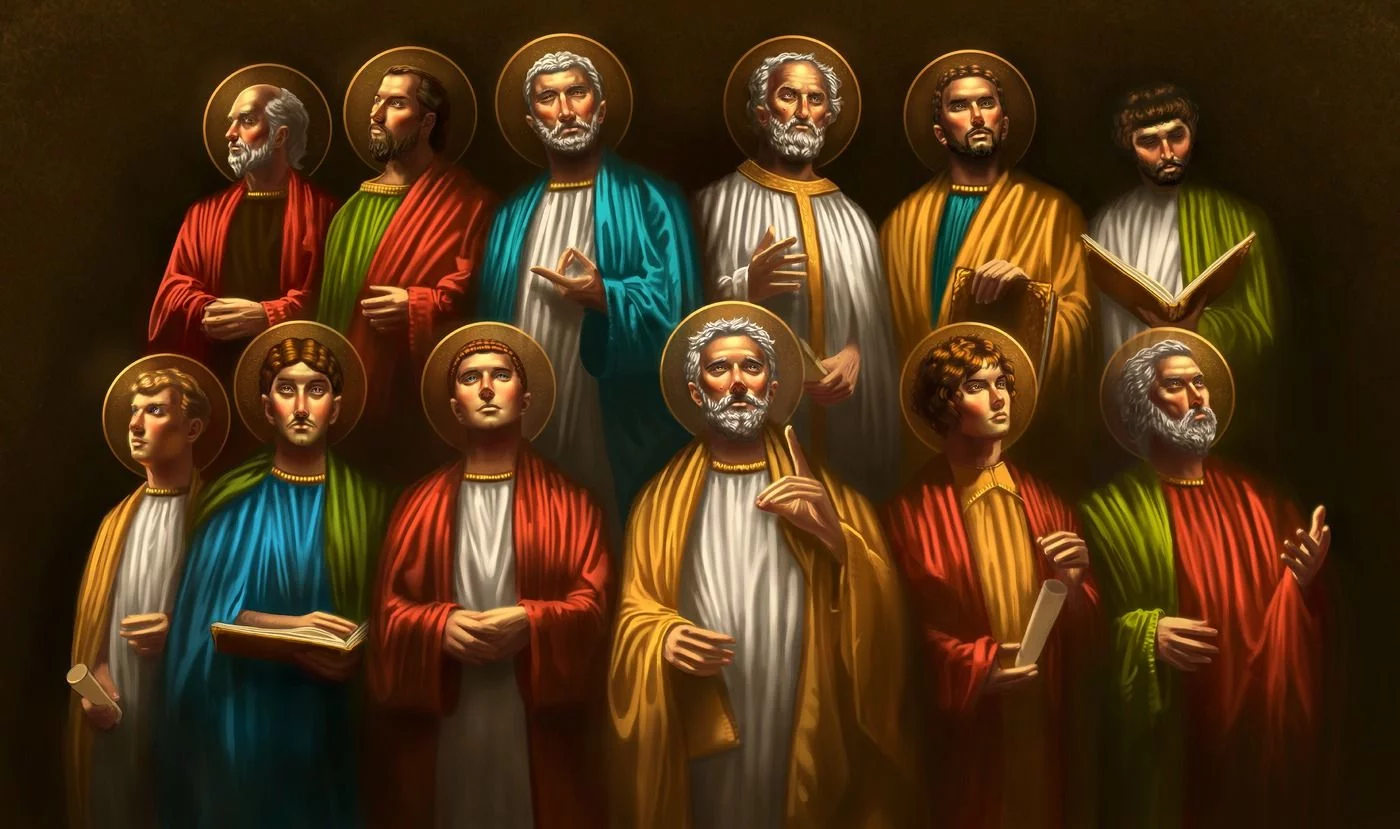Rev. José Mario O. Mandía
jmom.honlam.org
The Didache (Greek, ‘teaching’ or ‘instruction’ from the title ‘The Lord’s Instruction to the Gentiles through the Twelve Apostles’) is a document from the earliest times of the Church. It was originally thought to have been written during the Subapostolic Age (the period following the death of the last Apostle, St John, around 100 AD). But modern scholars now date it to the Apostolic Age.
The Didache is probably the earliest example of an ancient Church Order. What is a Church Order? It is a kind of instruction, written during the first five centuries of Christianity, and believed to have come from the apostles. The Church Order provided instructions on morals, liturgy and Church organization in the early Church. The portion on Church organization provides a historical reference for future Church legislation (Canon Law).
The Didache has three main sections dealing with morals, the liturgy (baptism and Eucharist), and early Church organization.
(1) Morals. It presents the moral life as two ways: the Way of Life and the Way of Death.
“The Way of Life is this: ‘Thou shalt love first the Lord thy Creator, and secondly thy neighbor as thyself; and thou shalt do nothing to any man that thou wouldst not wish to be done to thyself’” (1). Then it goes on to explain in greater detail what it commands and what it forbids.
At the end of this section, it concludes: “In church, make confession of your faults, and do not come to your prayers with a bad conscience” (4).
Regarding the second way, it teaches: “The Way of Death is this. To begin with, it is evil, and in every way fraught with damnation. In it are murders, adulteries, lusts, fornications, thefts, idolatries, witchcraft, sorceries, robberies, perjuries, hypocrisies, duplicities, deceit, pride, malice, self-will, avarice, foul language, jealousy, insolence, arrogance, and boastfulness” (5).
(2) Liturgy. It talks mainly of the sacraments of Baptism and the Eucharist. It also mentions the importance of confession.
Regarding baptism: “Baptize as follows: after first explaining all these points, baptize in the name of the Father and of the Son and of the Holy Spirit, in running water. But if you have no running water, baptize in other water; and if you cannot in cold, then in warm. But if you have neither, pour water on the head three times in the name of the Father and of the Son and of the Holy Spirit” (7).
The Didache also brings us the oldest Eucharistic prayers ever recorded. Though it does not explicitly mention the body and blood of Christ, it reveals that the Eucharist was not considered ordinary material food: “to us You freely gave spiritual food and drink and life eternal through Your Servant” (7). This is why not just anyone can partake of it: “Let no one eat and drink of your Eucharist but those baptized in the name of the Lord; for concerning this also did the Lord say: Do not give to dogs what is sacred” (9).
The document also reveals its belief that the Eucharist is a sacrifice that is celebrated especially on Sundays. “On the Lord’s day, assemble in common to break bread and offer thanks; but first confess your sins, so that your sacrifice may be pure. However, no one quarreling with his brother may join your meeting until they are reconciled; your sacrifice must not be defiled. For here we have the saying of the Lord: In every place and time offer me a pure sacrifice; for I am a mighty King, says the Lord” (14).
The Didache also shows how the Eucharist is intimately connected with the Mystical Body of Christ. “As this broken bread was scattered over the hills and then, when gathered, became one mass, so may Thy Church be gathered from the ends of the earth into Thy kingdom” (9).
(3) Early Church organization. It talks about authority in the Church. “You must choose for yourselves bishops and deacons who are worthy of the Lord: men who are humble and not eager for money, but sincere and approved; for they are carrying out the ministry of the prophets and the teachers for you. Do not esteem them lightly, for they take an honorable rank among you along with the prophets and teachers” (15).
Finally, it ends with a call to vigilance in order to prepare for the Lord’s second coming.


 Follow
Follow


